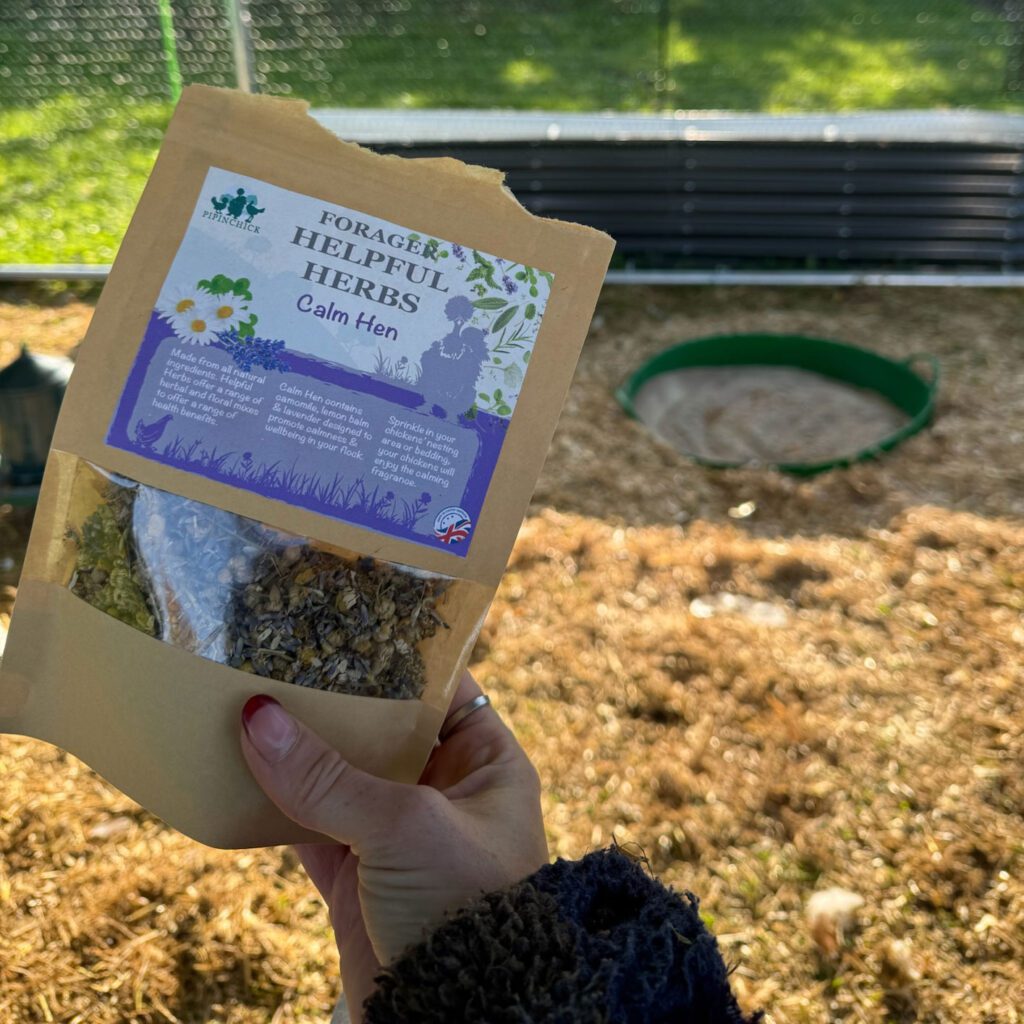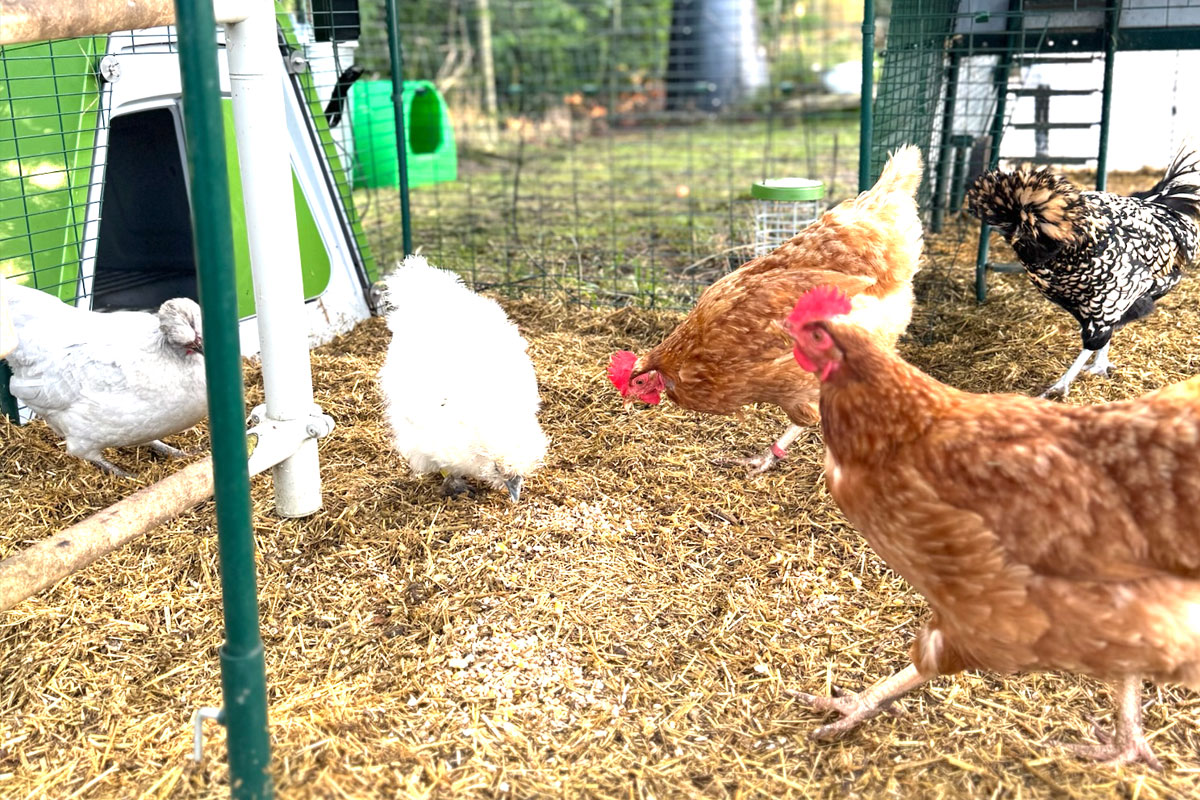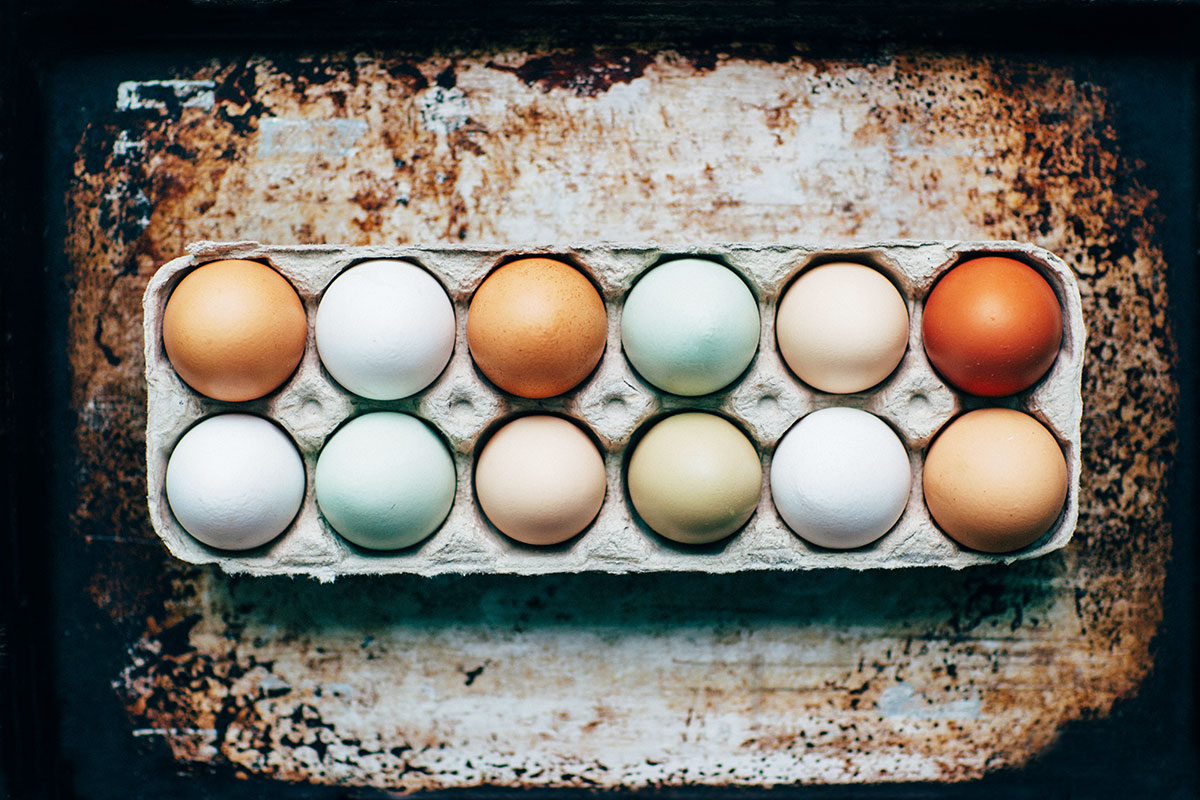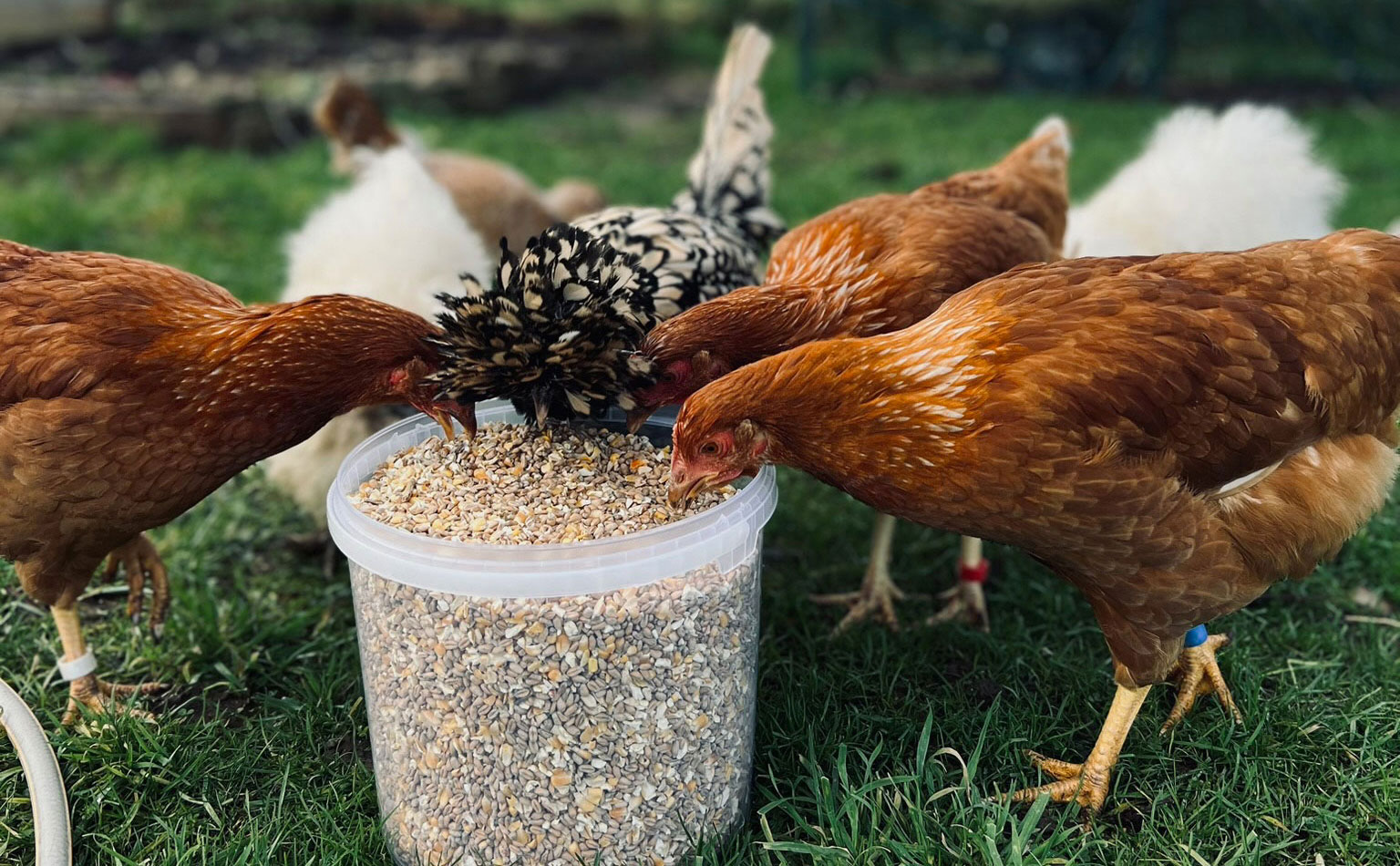


Feeding Chickens: A Complete Guide
One of the (many!) joys of keeping pet chickens is watching them scratch, peck and cluck their way through a good meal. But what you feed your hens makes a huge difference to their health, egg production and overall happiness. With so much advice out there, it can be hard to know what’s truly safe, what’s essential, and what should be avoided. This guide takes you through everything from safe treats to complete feeds, so you can be confident your hens are getting the diet they need.
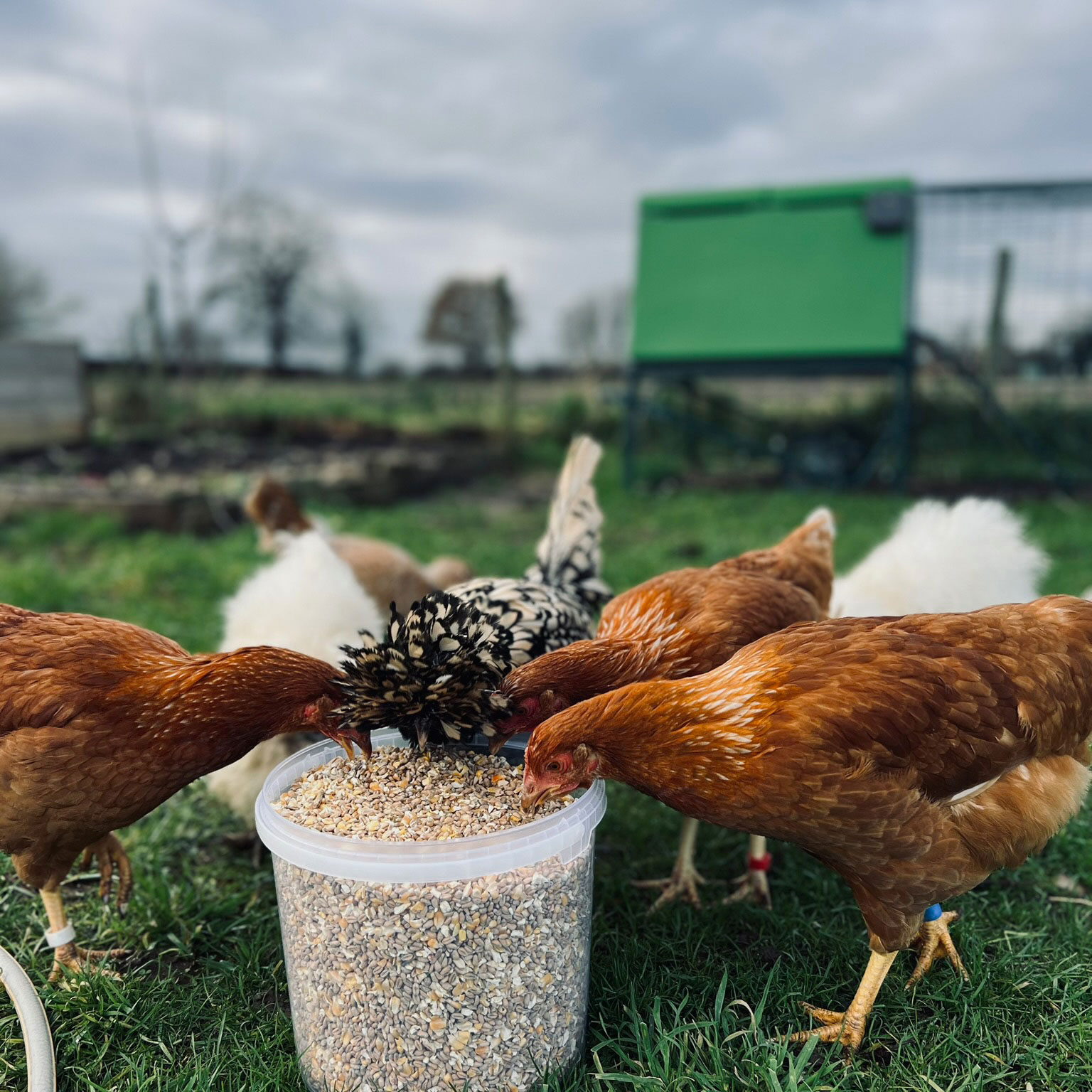
What Are Safe Foods for Chickens?
Chickens enjoy a wide variety of foods, and many are perfectly safe in moderation. These can be offered alongside their main feed to provide variety and enrichment.
- Fruits and vegetables – almost all are safe, except the dangerous ones listed in our guide to foods you should never feed your hens. Apples, berries, greens and carrots are all popular choices.
- Dried corn – a great source of energy, especially in colder months.
- Live grubs – mealworms, soldier fly larvae and calci worms are not only nutritious but also encourage natural foraging behaviour.
- Seeds – pumpkin, sunflower and sesame seeds are good options.
- Nuts – safe in small amounts, but high in fat, so offer sparingly.
- Dried woodland mushrooms – only if they are safe for human consumption.
- Edible flowers – marigolds, nasturtiums, lavender and roses add colour and interest to their diet.
- Herbs – parsley, oregano, thyme, lemon balm and rosemary are great for health and wellbeing.
- Rolled oats – best given as porridge in winter to help hens stay warm overnight.
It is important to note that it is illegal in the UK to feed chickens meat, kitchen scraps or dried grubs. Always check your treats are safe and suitable before offering them.
What Should I Feed Chickens at Different Ages?
Chickens have different nutritional needs as they grow, and the right feed at the right stage will help them develop properly.
- Chick crumb – from day-old chicks up to around six weeks, they need a fine crumb packed with protein to support rapid growth.
- Grower or rearer pellets – from six weeks until around 14–20 weeks (depending on breed), this feed helps young birds build strength without being too rich.
- Layers pellets or mash – from 14–20 weeks onwards, your hens should move to a complete layer feed. This should make up 80–90% of their diet, as it contains the correct balance of protein, vitamins and minerals to support egg laying.
While it can be tempting to spoil your flock with corn, wheat or barley, these should never be given as their main feed. Without a complete pellet or mash, your hens will miss out on essential nutrients. Treats should always be kept in moderation to make sure they keep eating their pellets.
How Often Should I Feed Chickens?
Unlike dogs and cats, chickens don’t eat in one sitting. They prefer to graze throughout the day, much like cows. This means you should always keep a good-quality feed available to them. Using a hanging feeder or a treadle feeder is the best way to keep food clean and reduce waste, while also helping deter rats. If rodents are a problem, you can also take feeders in at night once your hens are asleep.
Alongside their feed, fresh water should always be available. Chickens drink little and often, and dehydration can quickly affect egg production and health.
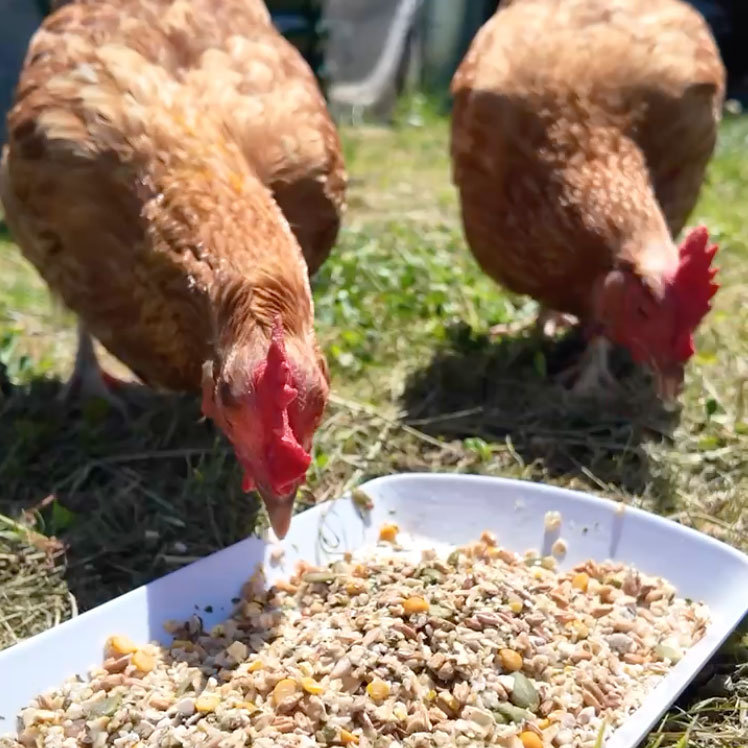
Choosing the Right Feeds and Treats
At Pipinchick, we make it easy to choose the right diet for your flock with our carefully selected range of trusted brands and natural treats. You’ll find:
- Fancy Feed Layers Pellets and Crediton Milling Layers Mash for reliable daily feeding.
- Fancy Feed Grower Pellets for young birds as they grow.
- Fancy Feed Mixed Corn and Supreme Mixed Corn to scatter in the run as an afternoon treat.
- Live protein-rich grubs such as mealworms, calci worms, and morio worms.
- Fun boredom busters like Silvermoor Alfalfa Peck Swingers, which keep hens busy and provide natural fibre.
- Natural supplements such as Natures Grub Garlic & Herb Superfood and Healthy Hen Herbs to support wellbeing.
By offering a mix of complete feeds with carefully chosen extras, you can give your flock the nutrition they need without risking overindulgence.
Feeding Tips for Happy Hens
- Offer treats in the afternoon so your hens have eaten their pellets first.
- Scatter corn or seeds to encourage natural foraging.
- Avoid sudden changes in diet, as this can upset digestion.
- Keep feeders clean and dry to prevent mould and bacteria.
- Rotate treats and extras to keep their diet interesting.
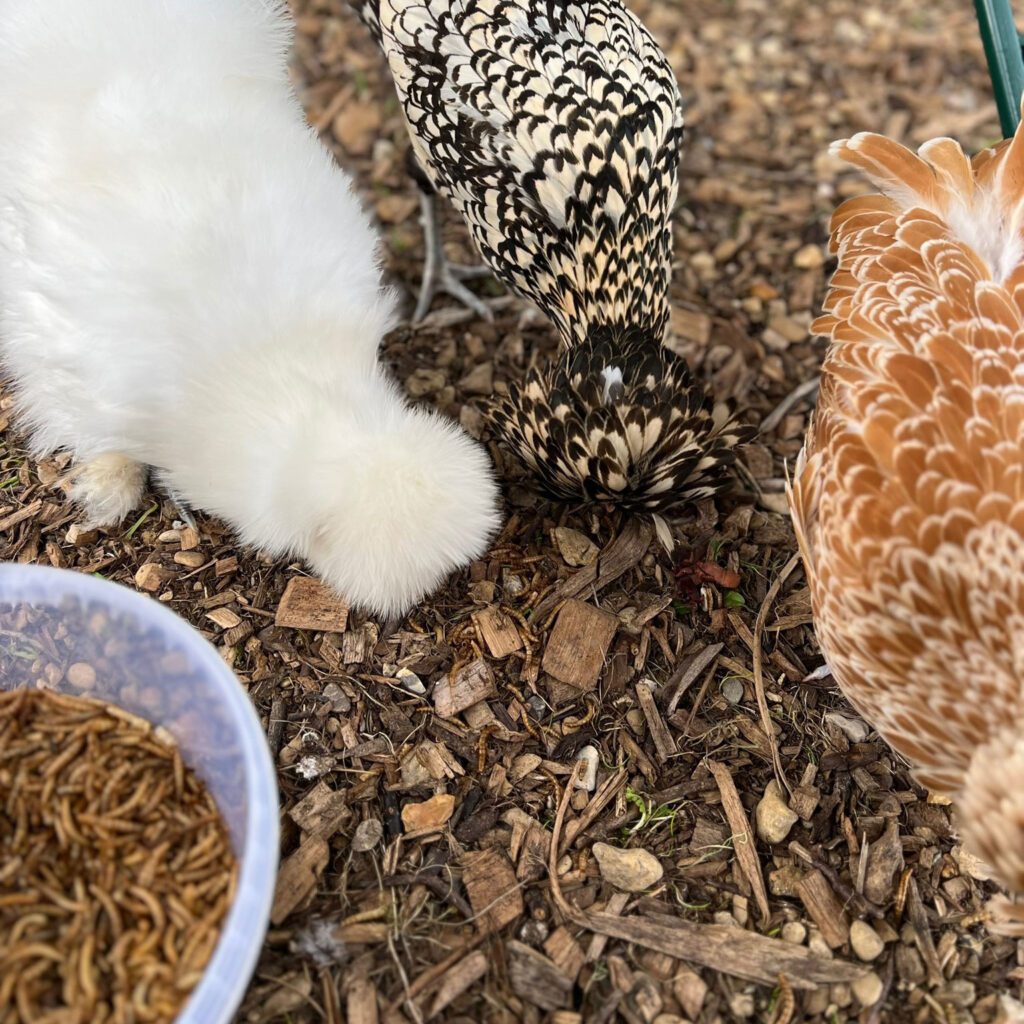
Keep Your Hens Thriving
Feeding your chickens properly is the foundation of good health, steady egg production and contented clucks. At Pipinchick, we don’t just supply happy, healthy chickens, we also provide everything you need to keep them thriving. From complete feeds and protein-rich grubs to natural supplements and fun treats, our range makes it easy to give your hens the best care every day.
Explore our Chicken Feed and Treats selection to find high quality corn and feed, plus exciting extras for your flock. With the right diet, your hens will reward you with strong shells, glossy feathers and plenty of eggs.
